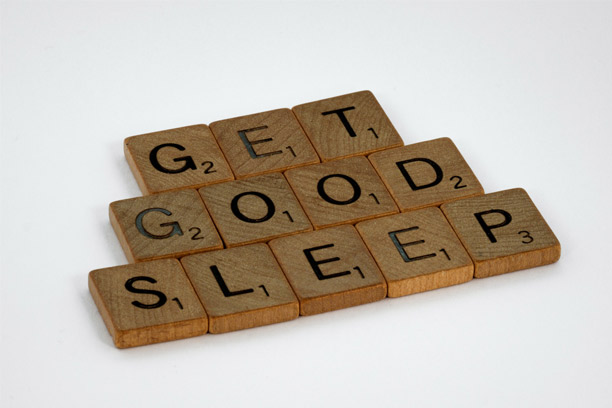Sleep’s Effect on the Immune System
We may be sleeping at night, but our immune system isn’t.
It turns out while we are sleeping there is a complex physiological process of restoration and renewal taking place throughout all eleven systems of our body including our immune system.
Sleep and the immune system are closely connected and have a bidirectional relationship. A virus can cause an immune system response making you feel tired as your body requires more sleep to fight off the infection, while consistent sleep empowers strong immune function. Adequate sleep is associated with a reduced infection risk, decrease in recovery time from an illness and supports the effectiveness of vaccination responses.
Leukocytes, known as white blood cells, are an important component of the immune system and have the job of identifying, attacking, and removing foreign pathogens from our bodies. When a white blood cell detects a pathogen, it releases proteins called cytokines (messengers) to tell other white blood cells to prepare to attack.
While we sleep our immune system releases cytokines to help promote sleep as well as fight off infection. Sleep deprivation may decrease production of these protective cytokines. With healthy sleep that is aligned with our circadian rhythm – the body’s 24-hour internal clock – this cytokine (inflammation) response recedes back to a normal level before we wake. When we don’t get healthy sleep, this self-regulating system can fail, and inflammation can persist. Recently there has been much talk in the health and wellness community about persistent inflammation and the link to many chronic diseases such diabetes, cardiovascular disease, obesity, and depression. It’s a delicate balance, and sleep is a driving factor of maintaining that balance.
Our bodies need sleep just as we need oxygen and food, and without adequate amounts we will suffer in many ways; our immune system is one of them.
Learn more about sleep hygiene.
